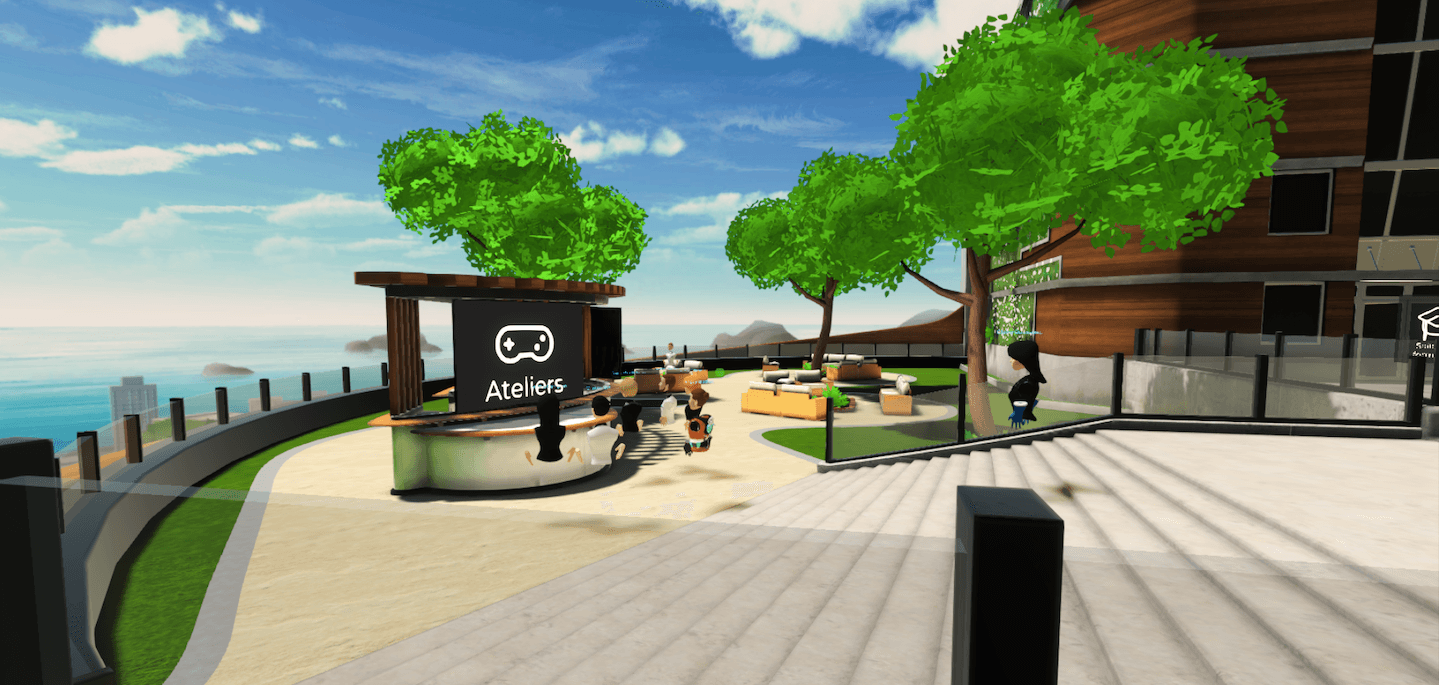The advantages of training soft and hard skills through VR
The advantages of training soft and hard skills through VR

Today’s challenges at the office
The global pandemic, happening due to covid-19 has been around for a full year. Many aspects in both our private lives and at work have changed drastically. While remote working brings many benefits, it is certainly challenging when it comes to training the employees. Particularly in industries where consistent training is crucial for providing a safe workplace, companies have been struggling to implement effective training that develop both soft and hard skills. Finding new learning strategies, nowadays primarily through a screen instead of in person can be complex. It is difficult to collaborate effectively, and to engage and motivate from a distance with a geographically dispersed workforce. Inadequately trained employees can lead to poor job performance, increased stress, higher turnover, as well as lost time, money, and customers.
The benefits of using VR in training soft skills
As many studies have shown, one way to solve these challenges is with the help of virtual reality (VR). According to PWC, there are great benefits in using VR to train employees’ soft skills, referring to non-technical skills (e.g. leadership, project management, adaptability…). PWC states the following*:
- VR-trained employees completed training up to 4x faster than classroom learners, and 1.5x faster than e-learners.
- VR-trained employees were 275% more confident to act on what they learned after training - a 40% improvement over classroom learners, and a 35% improvement over e-learners.
- VR-trained employees were 4x more focused during training than their e-Learning peers, and 1.5x more focused than classroom learners
*ROI numbers provided are PwC specific results. The +60 gamified workshops of Immersive Factory engage and motivate workers, allowing them to develop their soft skills much quicker and more efficiently. Trainees gain more confidence thanks to the possibility of constant repetition of these immersive exercises, as it is possible to connect to the HUB at any time and from anywhere. Find out more about a new way of learning in the form of an avatar via thisfree trial.
The benefits of using VR in training hard skills
However, the benefits of VR as an assistant training tool do not stop there. While soft skills are self-developed attributes, hard skills are related to technical knowledge and training where their development must be applied consistently and accurately. It is apparent that VR can aid the development of hard skills too for the following reasons:
- Hard skills are easily measurable, both during and after training. VR not only enables employees to learn and practise through relevant and repetitive exercises, but it also allows them to identify progress by final tests (exercises) and overall evaluations of the trained skills. Depending on the results, it will determine whether the trainee is ready to apply his skills to real life work situations.
- The immersive training aspect of VR enables trainees to do these exercises in simulated environments that are recreated as close to reality as possible, leading to a hands-on experience of hard skills development. This helps the trainee to detect real life risky behaviours and prepares them for their future workplace.
VR can offer a safe place to develop both soft and hard skills, to ultimately aid to reduce workplace accidents and create a culture of safety at work. This links to the work of Immersive Factory, who created an EHS training and events platform with the aim to proactively mitigate risks thanks to immersive learning.

Written by Aurélie Tavernier
Marketing and Communications Manager at Immersive Factory.
She became interested in raising awareness of health and safety at work, convinced that an approach tailored to employees can transform the safety culture and reinforce shared vigilance. Her ambition: to encourage all companies, whatever their size, to invest actively in health and safety prevention for the well-being of their employees.